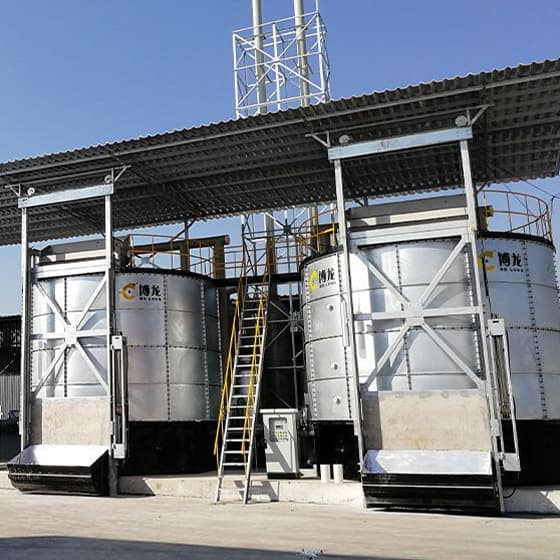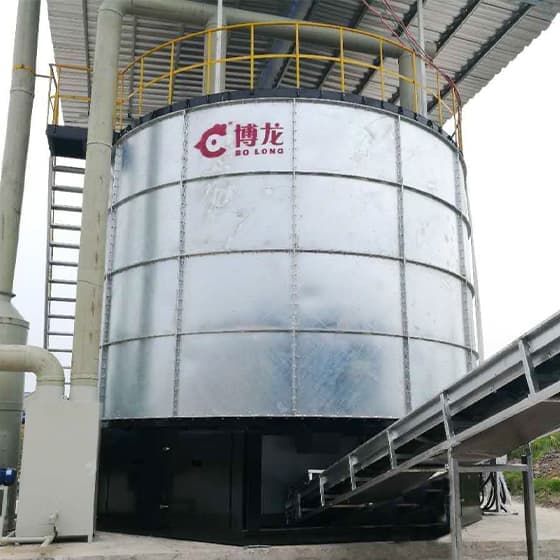Introduction: Compliance with manure management regulations is essential for sustainable livestock farming. Livestock fermentation tanks help farms meet these regulatory requirements. This article explores the role of fermentation tanks in manure management compliance.

Environmental Regulations: Fermentation tanks help farms comply with environmental regulations by reducing nutrient runoff, greenhouse gas emissions, and water pollution. This supports sustainable farming practices and regulatory compliance.
Nutrient Management Standards: Fermentation tanks produce compost that supports nutrient management standards. The controlled release of nutrients from compost aligns with policy requirements for balanced fertilization.
Sustainability Incentives: Many agricultural policies offer incentives for adopting sustainable practices. Fermentation tanks qualify for these incentives, reducing the financial burden on farms and encouraging sustainable manure management.
Case Study: A dairy farm installed fermentation tanks to comply with local environmental regulations. The farm reduced nutrient runoff and emissions, receiving sustainability incentives and achieving regulatory compliance.

Conclusion: Livestock fermentation tanks support manure management compliance by reducing environmental impact, supporting nutrient management standards, and qualifying for sustainability incentives. These benefits help farms meet regulatory requirements and promote sustainable practices.